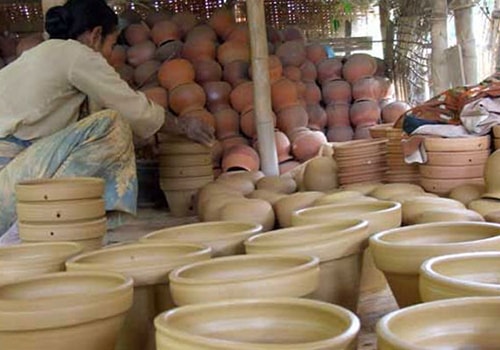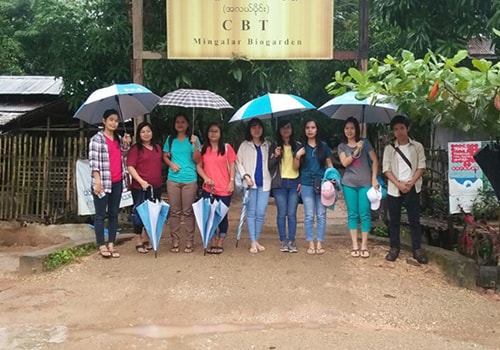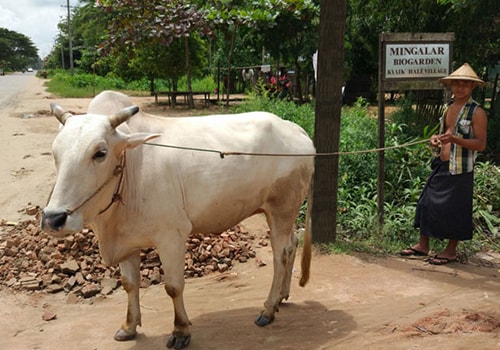
Community-Based-Tourism-In-Kyaikthale-Myanmar
CBT in Kyaikthale village is managed by the community and CBT accommodation providers for the community with the aim of helping visitors to increase their awareness and learn about local communities to know more about their lifestyle and how visitors can help and interact with the families in the village.
Summary of key aims:
- To provide a sustainably managed community based tourism program that will help to sensitively develop and improve the lives of Twante Township’s citizens, with a specific focus on the residents of Kyaikthale’s village and the students of the nearby monastic school. CBT project now has thirty-two part-time workers and five permanent workers.
- As existing community based tourism projects in Myanmar have already proven, long term professionally managed projects can significantly improve the economies of otherwise ostracized and cut off regions. We would aim to create new jobs, encourage diversification of existing business practice and usher in a new source of income to the area.
- To provide those involved with extra stimulation to celebrate, conserve and support the community’s rich cultural heritage.
- To implement a systematic and sustainable management scheme, which would help to preserve the community’s environment and precious natural resources.
- To train willing project participants with transferable service skills along with basic health and safety fundamentals. Not only will this be useful if they wish to further their career, but it will also follow through into their home life also.
Community and Culture
CBT is an exchange of knowledge, experience, culture, and traditions. The aim is to help villagers to build local skills and to distribute opportunities fairly. Visitors are encouraged to be culturally sensitive and strengthen the unity of the community by supporting local enterprises and the livelihood of the villagers.
Environment
We have commitment to protecting and sustaining local cultures and environments and to preserve and protect the village with very minimal environment and social impact.
Conclusion:
Based on our existing knowledge and long-term association with the community in question, we believe this carefully thought community based tourism proposal has the potential to make a real difference to all those involved. Not only will it help to stimulate existing business practice and provide a new source of income to an otherwise excluded area, but it will see to the continuation and practice of home industry, farming and centuries old Myanmar cultural tradition. Through regular and professionally led training program, we are also confident that the community will benefit from a better understanding of international service standards and the daily practice of basic health and safety fundamentals.







